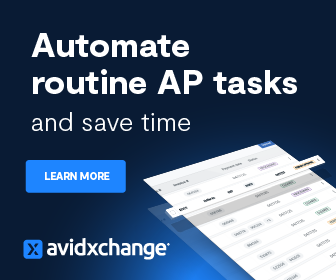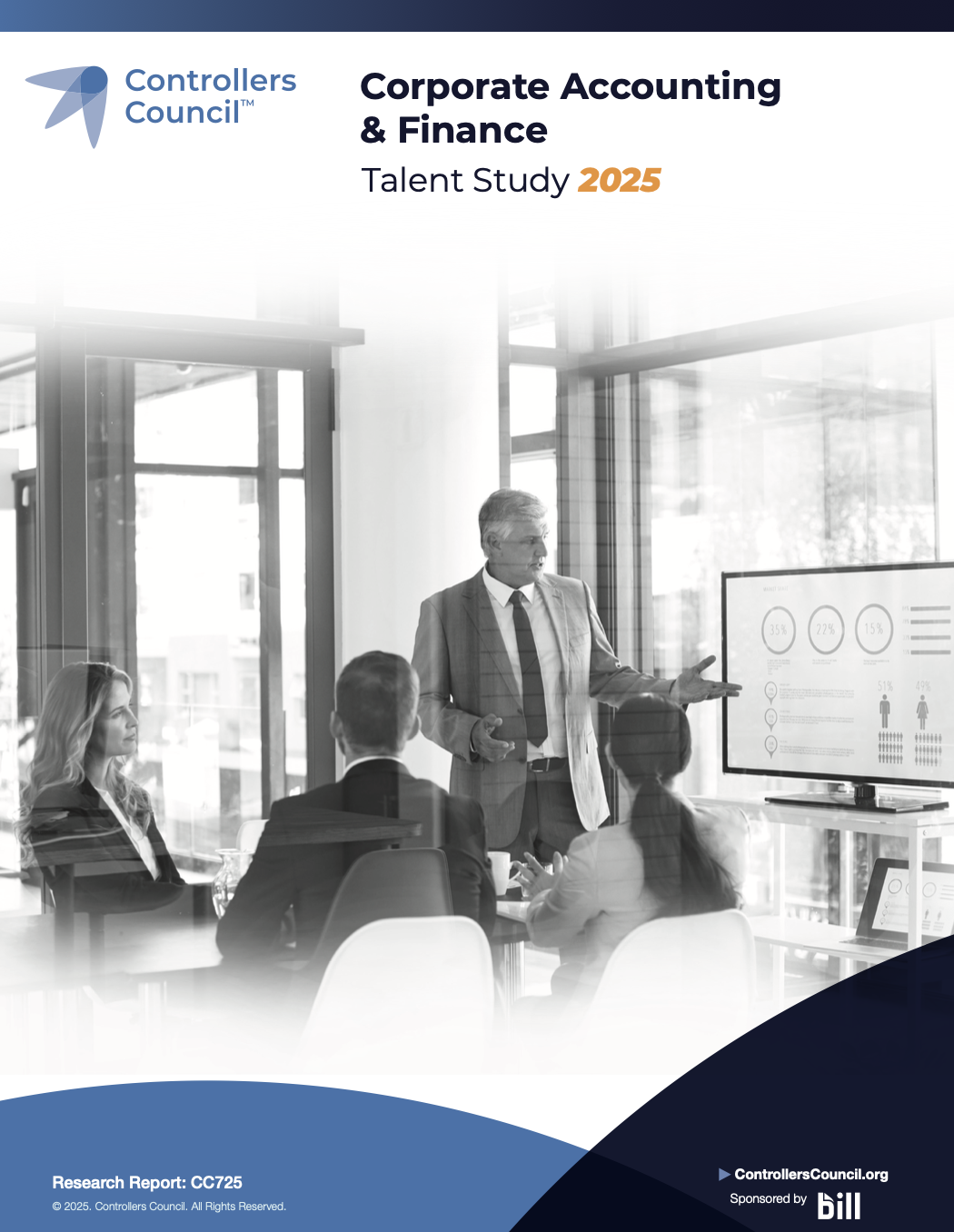Every decade presents us with at least one significant crisis. Whether that’s an internal crisis, industry crisis, or global crisis, you can rest assured that as soon as the pandemic is a memory, the clock starts ticking as we approach a different one.
Lessons Learned: Crisis Mitigation Strategies for Managers, Regulators, and Accountancy Professionals
IFAC puts it a bit more succinctly, “In recent history, we have seen crises of systemic scale driven by asset bubbles, acts of terrorism, and the coronavirus. While the causes and impacts are largely unpredictable, one thing is certain—the next crisis will come.”
But how can we all better prepare for the next one? What can we take away from the most recent crisis and who’s able to take the reins when a crisis does occur? What role does the accountancy profession play in all of this and how can we maintain trust and confidence during the next event?
In their three-part article, the International Federation of Accountants explores the role of senior staff, regulatory professionals, and the accountancy profession as a whole. Here are just some of the takeaways:
Crisis Readiness for Those in Charge of Governance
A crisis will put your company to the test, and without effective leadership from the top, companies can easily get lost in the shuffle. In this, senior management boards of directors, and audit committee members need to take control. These groups are responsible for maintaining the quality and integrity of decisions made, information reported, and messages communicated to stakeholders during periods of economic or operational stress and need to take action.
- TCWG Focus: Value, Resiliency, and Clarity: When a crisis hits, it’s all about keeping things moving in the right direction. IFAC recommends that those in charge of governance need to employ integrated thinking, focusing on drivers of value, resiliency of the business model, clear assessments of risks and opportunities, and strong alignment of KPIs and incentives.
- Audit Committee Focus: Vigilance and Engagement: Audit committee members need to stay in the know on the goings on at the organization. IFAC recommends that audit committees stay informed of the business, communicate, work with experts, and do whatever is possible to better understand the business.
- Beware Fraud: Fraud is the intersection of opportunity and ability—what better opportunity for someone with a less than stellar moral compass to skim a bit off the top than when everything is going crazy at the business? Vigilance is key—especially when opportunity exists. Learn more in Pandemics and Paper Checks: A Pressing Threat for Businesses.
Crisis Readiness for the Accountancy Profession
As the people responsible for the quality of reporting and the presentation of reliable information, those in the accountancy profession have a key role when crisis strikes, according to IFAC.
“When extreme, uncontrollable events disrupt normal business operations, information provided in the management commentary, risk factors, and notes to the financial statements provide the needed insights into the performance and viability of a company. Crisis environments can also invite fraud and heighten the scope for error as new opportunities and pressures arise for management, employees and external parties.”
Here are just a few tips for accountants looking to mitigate crises:
- Understand where You Work: Especially in the wake of the COVID-19 outbreak, the impact differed for each locality and jurisdiction. Being able to understand the state-based changes, national changes, and global changes (and how they affect you) is necessary to business continuity.
- Know how to Innovate: When normal operations are not possible or practical, the profession must adapt and innovate in order to fulfill its obligation to adhere to reporting requirements and mitigate the impact of crises on the flow of information. Technology is key to turning operational disruptions into business as usual.
- Focus on Professional Judgement and Facts: Facts don’t care about feelings, and a crisis environment requires increased focus on judgments, risk taking, decisions, or conflicts of interest that can arise as professional accountants fulfill their role as trusted intermediaries of high-quality information, strategic and commercial advice, and fact-based decision making.
Stay ahead of the Next Crisis: Learn from the Controllers Council
The entire IFAC report goes into much greater detail on your role and their ability to assist, but often the best place to look for advice is from those in a similar situation. We launched the Controllers Council with one goal—to help you understand, connect, and collaborate with others like you. Controllers Council is a national community and platform of Controllers, Accounting and Finance professionals focused on accounting best practices, information and resources, recognition and networking.
Looking to learn more about joining our community? Click here.
Earlier this year, Controllers Council hosted a webcast with our esteemed Board of Advisors to share insight into how each has managed during this pandemic, how roles and responsibilities have changed, and what are new priorities for Controllers now and in the near future. Watch a recording now.
Additional Resources
The Impact of COVID-19 Lockdowns on Payment Timeliness




